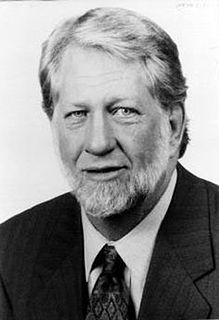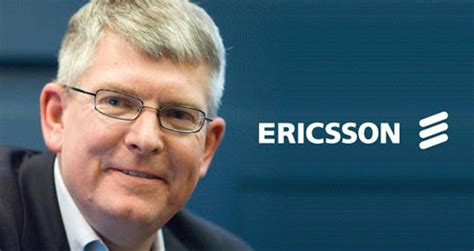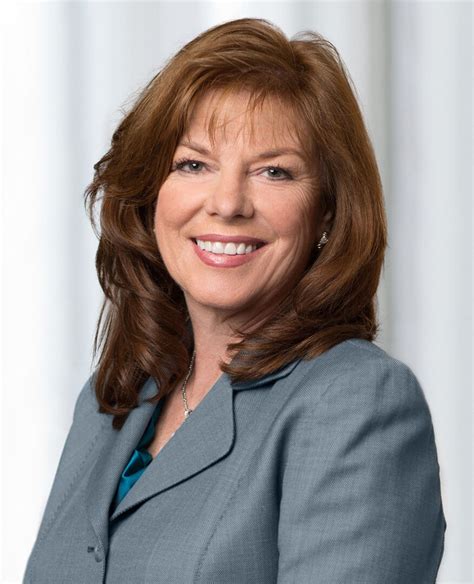A Quote by Bernard Ebbers
Our communications services revenue growth is being driven by continued strong top-line performance in data, Internet and international - three of the fastest growing and most profitable areas within communications services.
Related Quotes
By leaning on companies, by leaning on infrastructure providers, by leaning on researchers, graduate students, post-docs, even undergrads, to look at the challenges having an untrusted internet, where we have to put our communications on wires that are owned by a phone company that we can't trust, that's working in collaboration with a government that we can't trust, in areas around the world, we can restructure that communications fabric in a way that it's encrypted.
































